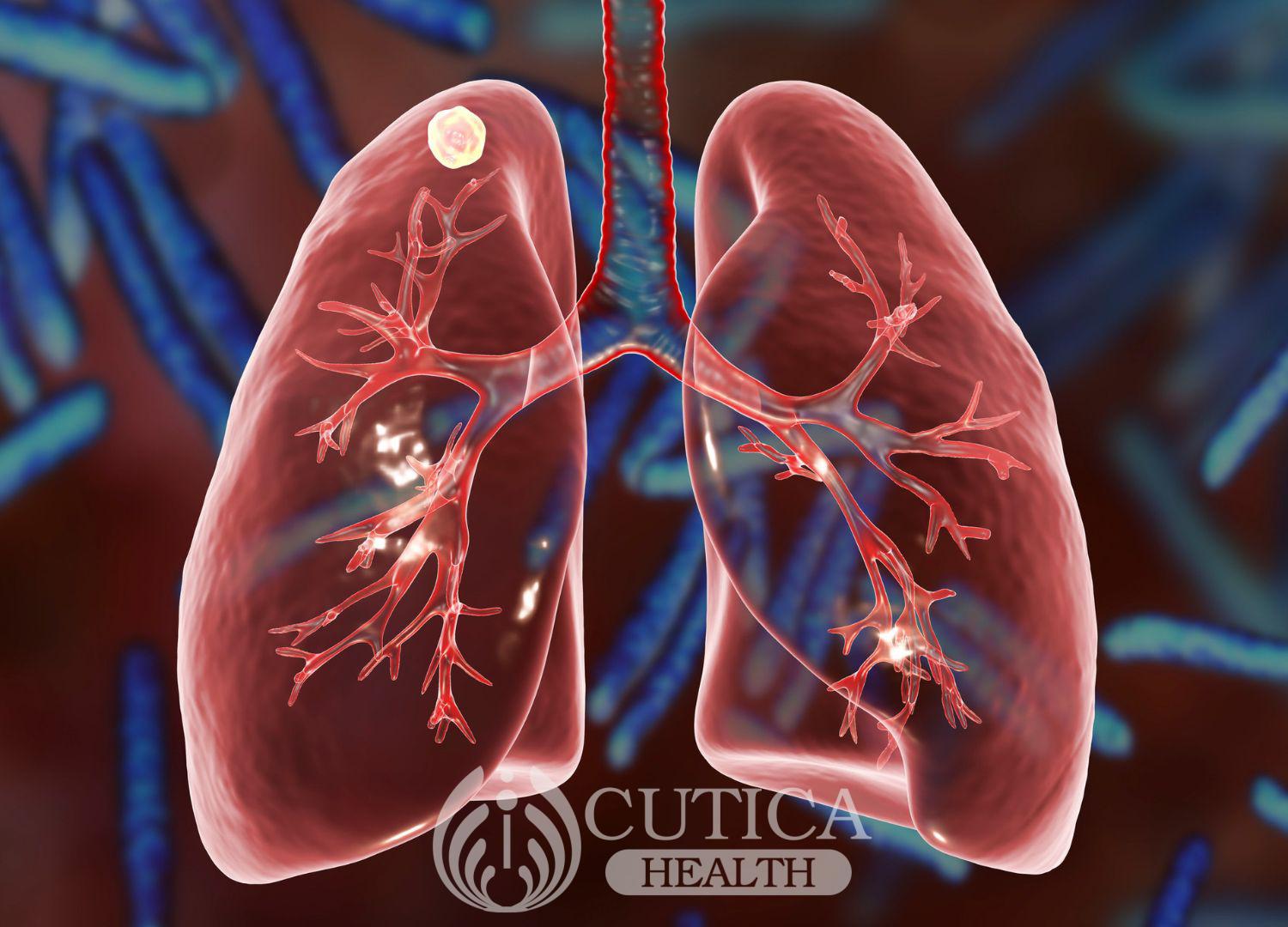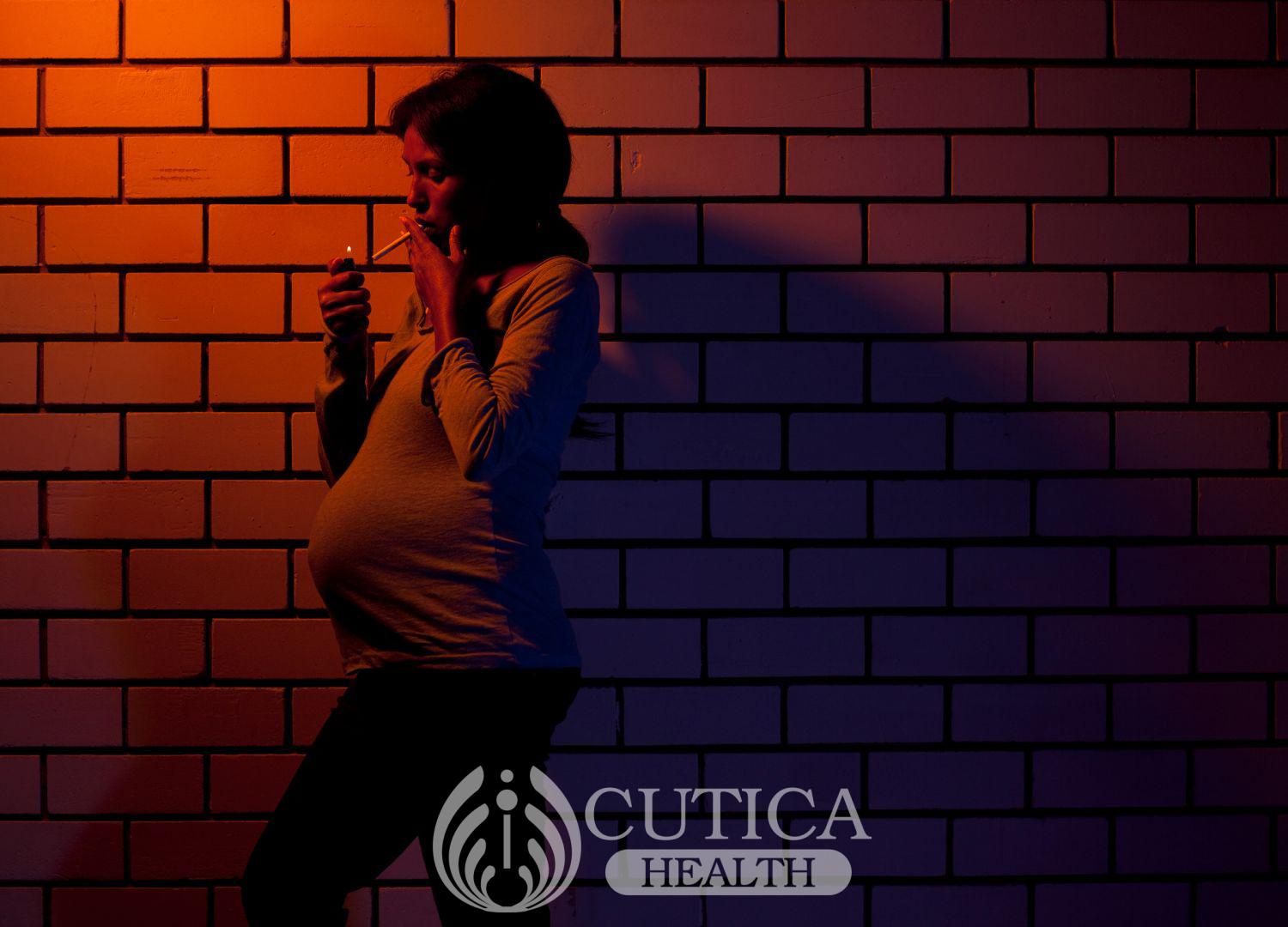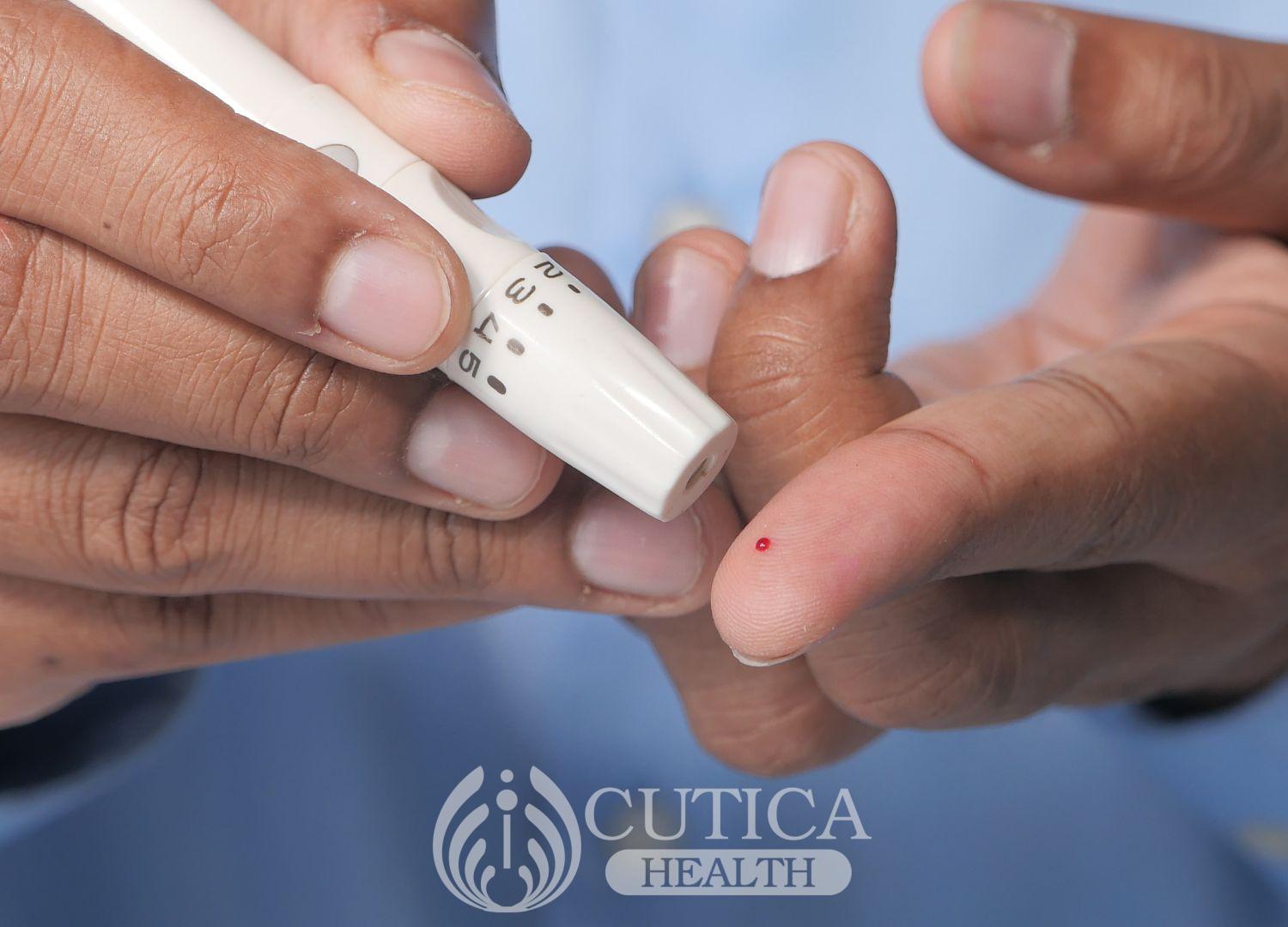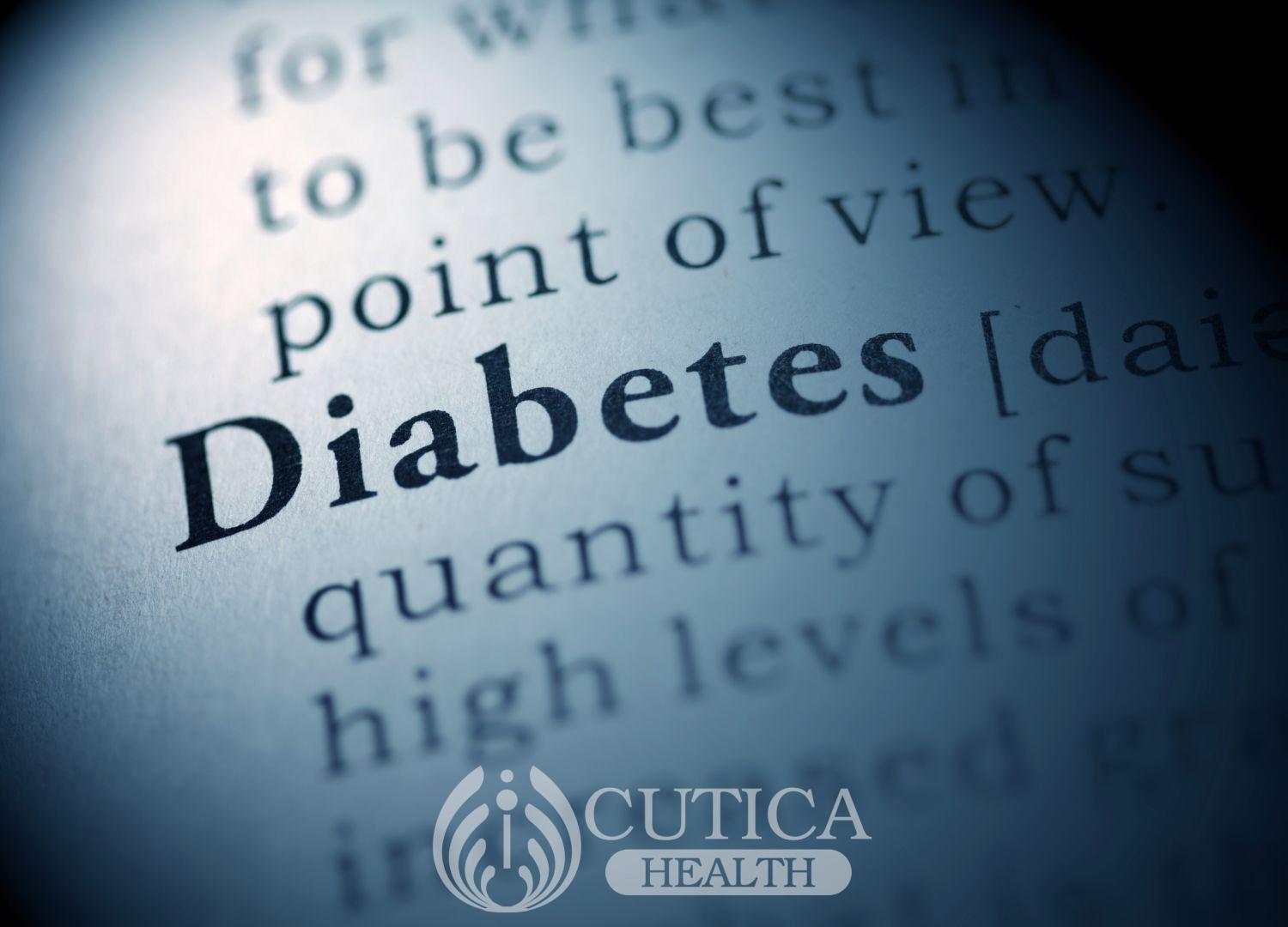
“He has had a stroke,” the doctor broke the news.
“But he is too young for that,” the patient’s mother said.
When Jeremiah made his bucket list, having a stroke at 36 was certainly not part of his plan. He had high blood pressure, which he didn’t know of until then. He was never one to get sick, and whenever he did, he depended on self-medication. As such, his high blood pressure had gone unnoticed.
High blood pressure
Also known as hypertension, this is a condition where your blood flows in your blood pipes forcefully or at a pressure of above 140/90mmHg, as recorded by your healthcare provider. It has been tagged a silent killer as it slowly wreaks havoc on the unsuspecting human body.
Apart from having adverse effects on the heart by causing it to pump blood forcefully, high blood pressure also affects other parts of the body like the kidneys, eyes, and brain.

These are the adverse effects of high blood pressure on the brain if not discovered and treated on time:
- Stroke: This is a medical condition in which blood flow to the brain is disrupted, either due to obstruction of the blood vessels (pipes) to the brain or leakage of blood from the blood vessels. Both types can be caused by high blood pressure.

- Vascular dementia: This condition refers to impaired thinking, memory and behaviour, which are caused bytissue death of parts of the brain responsible for those functions. It usually occurs in patients who have had strokes in the past.
- Transient Ischemic Attack (TIA): Also called a mini-stroke. It is a brief stroke-like attack which resolves within a short period. But, a mini-stroke is a very strong risk factor for having a stroke. A mini stroke occurs when the blockage in blood flow is not enough to completely restrict blood flow to the affected part of the brain. Some consider it a warning that your blood vessels are slowly becoming obstructed.
- Brainhaemorrhage: Brainhaemorrhage presents with a terrible headache, which is often described as “the worst type of headache,” stiff neck, and sometimes loss of consciousness. It is a serious condition and could be fatal.

Treatment
Checking your blood pressure routinely is one of the biggest health decisions you can take. To lower your risk of hypertension, here are a few tips:
- Limit Salt intake: Lower your intake of salt, animal fat and processed foods while increasing intake of fruits, whole grains and vegetables.
- Exercise: Activity as subtle as walking daily for some minutes helps strengthen your heart. This allows the heart to pump blood more efficiently, with less force. Thus, the blood pressure reduces. Other helpful exercises include jogging, swimming, and dancing.
- Stress control: Learn to take a break whenever you feel overwhelmed. This keeps your body’s stress hormones in check.

If you have been diagnosed with hypertension, in addition to the above tips, you also need to use blood pressure medicines as prescribed by your physician. Use the drugs as prescribed by your doctor to effectively control your blood pressure and prevent these complications of hypertension.












